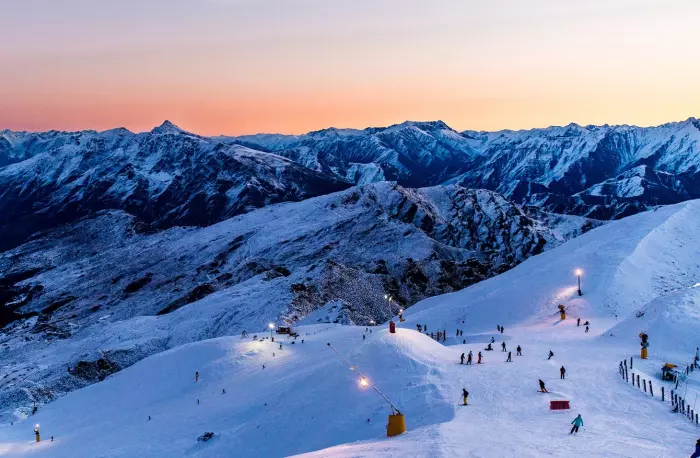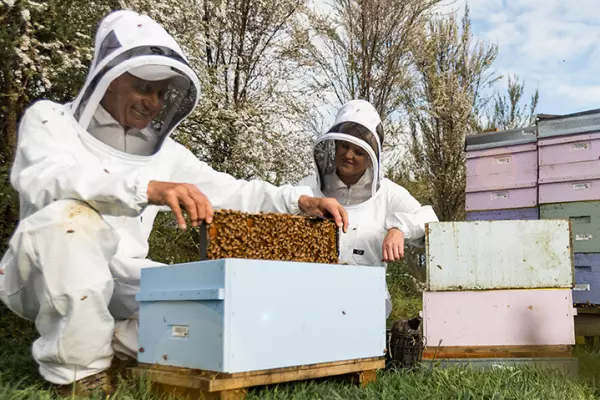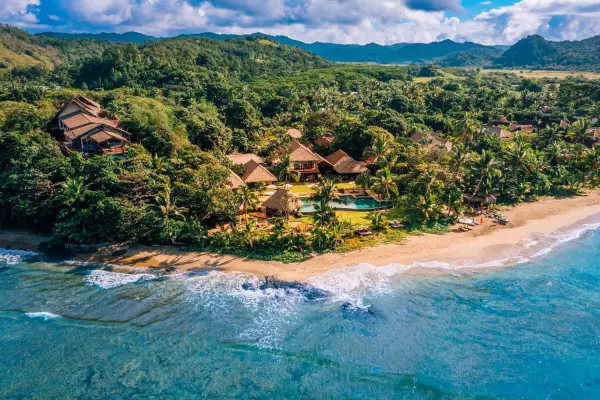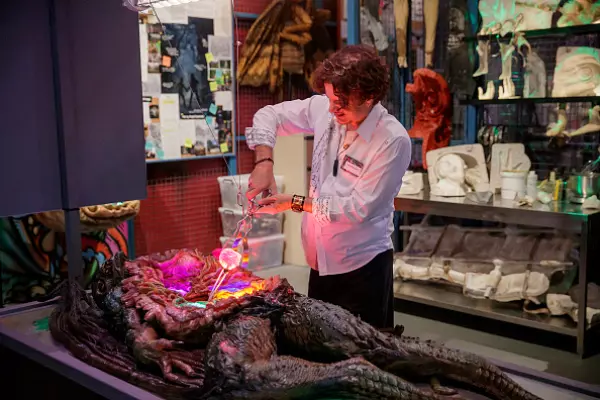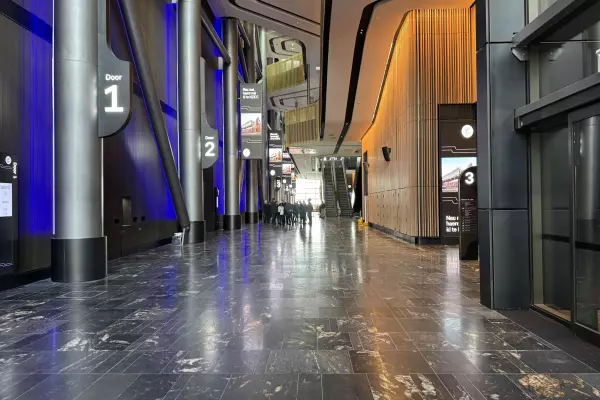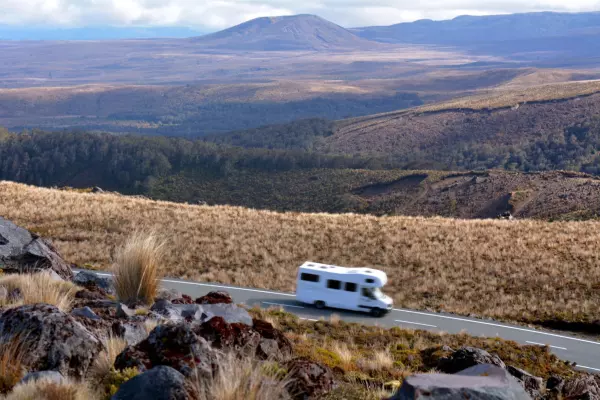North Island ski fields face an uncertain future, but it's a different picture for the Southern Lakes region, which drew 1.05 million skiers to its ski fields this season, the first time the region has surpassed a million visitors in any winter.
About 57% of those headed to Coronet Peak and the Remarkables, on the back of Australian tourists' preference for staying near the resort town of Queenstown.
Both of the mountains, along with Mt Hutt in Methven, are owned by NZSki, part of the Davies family’s Trojan Holdings group.
Wānaka’s ski fields include Cardrona and Treble Cone, owned by the Real Group and cross-country ski area Snow Farm, the only non-profit ski area in the region. The four main mountains have a total daily capacity of about 17,000 skiers.
NZSki chief executive Paul Anderson said the epic year had started with ‘snowmageddon’ on June 15. That coincided with NZSki's staff training day and saw 1.2 metres of snow at the base, allowing the fields to open a day early.
Arrowtown-based economist Benje Patterson estimated that he had seen the economic contribution jump by about $120m, from $430m in 2019 (from 885,000 skiers) to $550m during this past winter.
Patterson estimated that ski tourism represented about 14% of Queenstown-Lakes' gross domestic product (GDP) and about 6.3% of the district's entire economy across all industries.
In 2019, as a baseline, spillover into the rest of the Otago region amounted to about $233.8m.
Anderson said the southern lakes ski industry was “back to its best” in 2022, but it was far from a ‘normal’ lead-in to the season.
Reliance on Aussies
“This time last year we were still in covid restrictions level 2 here, level 3 in Auckland, which had seen visitor numbers drop by 40%. In fact, the orange traffic light was only extinguished two months ago, so it was a very uncertain season to go into.”
The company said there was domestic support during the pandemic closures, but business was highly ‘peaky’, mainly during local school holidays.
He said people saw how long the queues were during those periods but, in reality, each of the southern lake’s mountains lost 1,000 skiers per day. That equated to about 200,000 skier visits across the two affected seasons.
As well, tight immigration policies made life very difficult for the skifield operators, as it had for other local businesses who were unable to replace talent while the ‘best and brightest’ headed overseas.
Anderson said the ski industry will also have to start facing up to cost-of-living issues in New Zealand. The group was expecting to see a ‘moderation’ in domestic demand.
That, however, is expected to be offset by “massive demand” out of the Australian market, supported by improved trans-Tasman air links.
Ruapehu in doubt
The ‘wild card’ for the South Island fields, however, is the future of the Turoa and Whakapapa ski fields at Mt Ruapehu, which were placed in voluntary administration last month after being hit by covid and poor winter weather conditions.
Life-pass holders to those hills are now being asked to stump up to three years of costs to get the ski operations and Sky Waka Gondola back up and running.
If that’s not possible, it will be “very, very busy down here”, Anderson said. But the prospect of that mountain closing or moving into foreign hands isn’t good for the wider community or the ski industry.
NZSki was also investing significantly in upgrading its assets and infrastructure, as well as into initiatives to lower its carbon emissions in line with the region's goal of getting its tourism economy to carbon zero by 2030.
That included upgrades to the grooming fleet, which used biofuels in the form of hydrogenated vegetable oil and putting in more efficient snow-making guns.
At Coronet Peak, the group is also looking at using pumped hydro from high-elevation reservoirs, which lowers the mountains' load from the grid, and also potentially generates carbon credits.
DOC delays
Anderson said the group was looking to upgrade its facilities, but it remained dependent on ‘slow moving’ conversations with the Department of Conservation (DOC) on consents because all three of its ski operations operate on conservation land.
Big-ticket upgrades include replacing the 38-year-old Shadow Basin chairlift with a six-seater lift and extending the company’s 40-year concession to operate the Remarkables.
Anderson said it lodged the applications a year ago. DOC didn't immediately respond to a request for application status from BusinessDesk.
It was also studying options to expand ski terrain at the Remarkables, by constructing a 230-metre tunnel through to back-country terrain known as the Doolans.
“With the demand we’ve got, we’ll run out of terrain in the next five years. So, we're committed to making sure we've got capacity, and we’re equally committed to increasing the conservation use of the land which we operate.”


